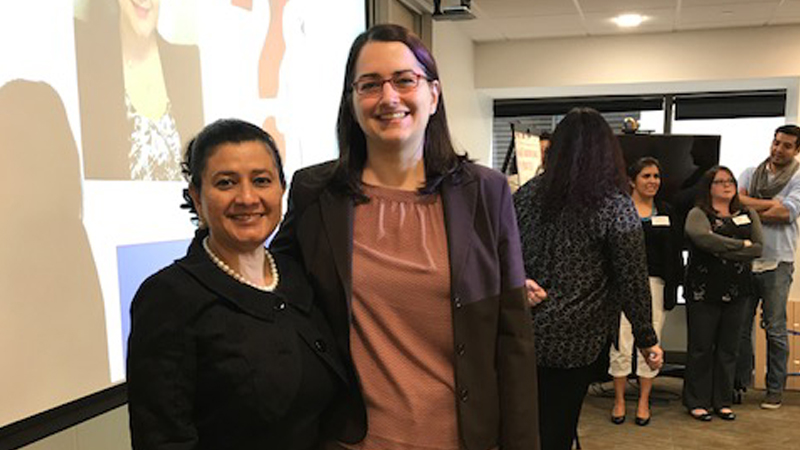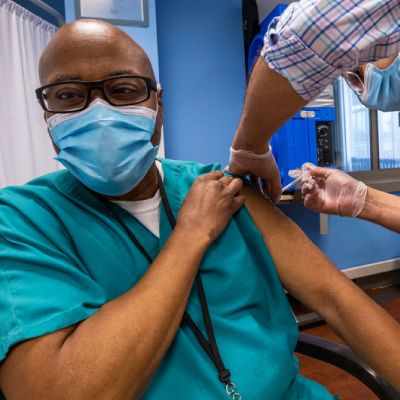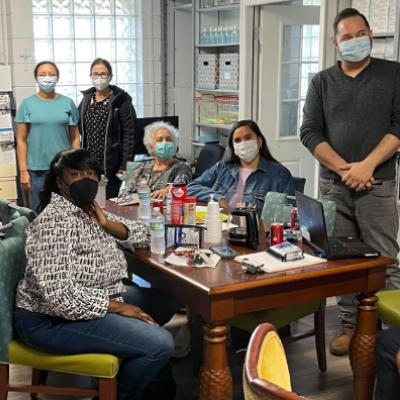- Who We Are
- Clinician Employment
- Publications
- Witness to Witness (W2W)
- Kugel & Zuroweste Health Justice Award
- Your Voice Matters: Photovoice Project
Tue, 05/02/2017 | by Claire Hutkins Seda


The newspapers report on it every day, our medical journals are filled with the latest data, and the patients in our exam rooms confirm: Diabetes is on the rise in the US and worldwide, including among children. Hypertension continues to grip the country, with one in three US adults estimated to have high blood pressure.
How do Federally Qualified Health Centers buck the trends, empower their patients, and get these leading chronic conditions under control in their communities? Representatives from all 40 Federally Qualified Health Centers in Washington State joined together for Strategies to Improve Hypertension and Diabetes Care in Washington State, a one-day conference organized and sponsored by Washington Association of Community and Migrant Health Centers WACMHC and Community Health Plan in Washington.
MCN’s Ileana Maria Ponce-Gonzalez, MD, MPCH, CNC, Senior Advisor for Scientific and Strategic Planning, teamed up with Miruna Petrescu-Prahova, PhD, professor at the University of Washington to present "Improving Primary Care by Managing Chronic Conditions: Best Practice Models with CHWs,” a roundtable discussion with the potential to make a big impact on communities throughout Washington State. Dr. Ponce-Gonzalez focused on effective models, like Diabetes self-management programs, community resource specialists, a clinic-community liaison role, and a patient navigator project -- all three of which relied on Community Health Workers to grow connections between the community and the health center.
“Community Health Workers (CHWs) can be that critical link between health centers and patients, by providing community-based trainings and workshops to empower patients to take control of their diseases in their everyday lives,” Dr. Ponce-Gonzalez said. “Integrating CHWs into the health care system has been proven very successful to tackle some of the most challenging aspects of health improvement such as facilitating care coordination, enhancing access to community-based services, and addressing social determinants of health.”
MCN’s educational support, resources, tools, and samples of best practices in utilizing CHWs to manage chronic conditions were welcomed at the conference.
“The attendees were very interested in the information presented during the conference, and they are now looking forward to more educational programs focused on implementation of preventive services using a CHW model,” Dr. Ponce-Gonzalez said.
Like what you see? Amplify our collective voice with a contribution.
Got some good news to share? Send it to us via email, on Facebook, or on Twitter.
Return to the main blog page or sign up for blog updates here.







